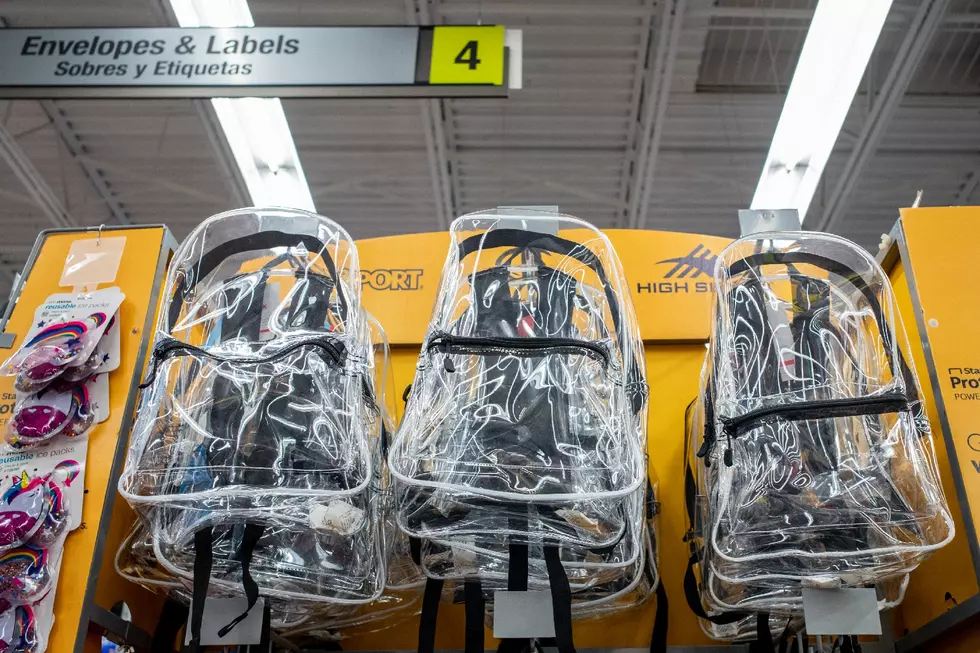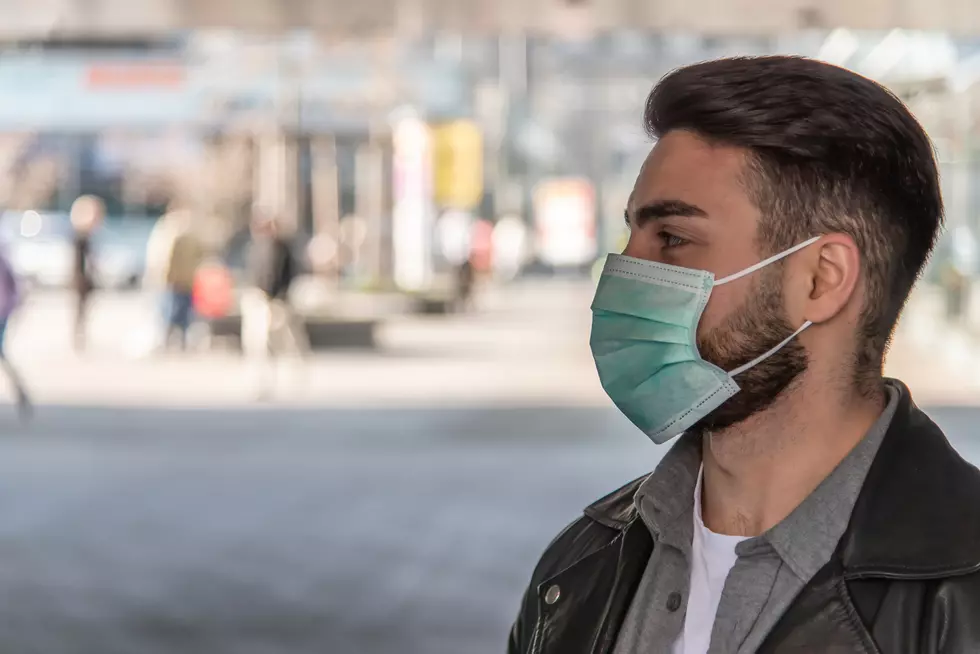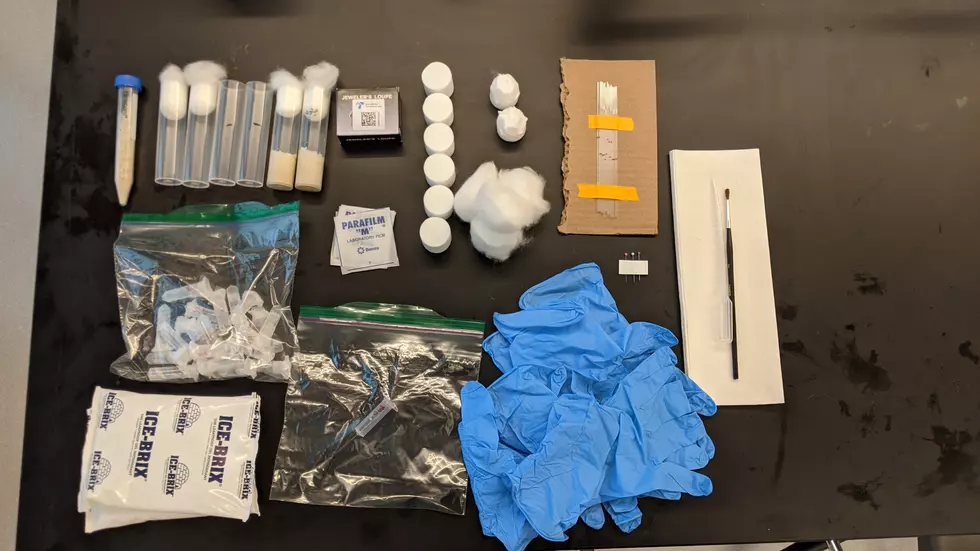
At Rutgers, students are teaching each other about sexual assault
Typically on a college campus, lessons about sexual assault prevention and awareness are taught outside any academic course.
So a scholar at Rutgers-Camden came up with a way to get the topic in front of more people — by enabling her own students to deliver the material to others. She's thinking this could serve as a nationwide model.
"The feedback from my students has been overwhelmingly positive," said Courtenay Cavanaugh, an associate professor of psychology.
Cavanaugh is in her third year of running a peer-to-peer approach for delivery of TakeCare, an evidence-based sexual assault prevention and awareness prevention program, in video form, that teaches students how to be aware of and assist in dangerous situations, in any way that wouldn't also endanger themselves.
Cavanaugh shows her students the material and then trains them to facilitate the same strategies with their peers.
"We were able to have my students, in two years, deliver the intervention to 200 other students on campus," Cavanaugh told New Jersey 101.5.
For the first two years, students recruited their peers to attend sessions during free periods.
Alexis Kapij, a former student of Cavanaugh's "violence against women" course, targeted sororities and fraternities in fall 2018, and ran a one-hour presentation for dozens of students along with her course partner.
"It's students speaking to students, and I think it makes it more relatable," the psychology major said. "If we give them skills, we hope that they give the skills to somebody else or that they use the skills to prevent other situations."
This year, Cavanuagh has trained students in her course to facilitate delivery of the material to students in three other psychology courses.
According to statistics released by RAINN (Rape, Abuse & Incest National Network), 23.1% of undergraduate females and 5.4% of undergraduate males experience rape or sexual assault through physical force, violence, or incapacitation. Those aged 18 to 34 represent more than half of all sexual assault victims.
"We've known for a long time how significant and prevalent this problem is. It calls on us to figure out what is the most effective way to help address this problem," Cavanaugh said. "One (effort) that I don't think has been widely utilized has been embedding this into our academic curriculum in a way that is both effective and engages them in trying to prevent this problem."
More from New Jersey 101.5:
Contact reporter Dino Flammia at dino.flammia@townsquaremedia.com.
More From New Jersey 101.5 FM









